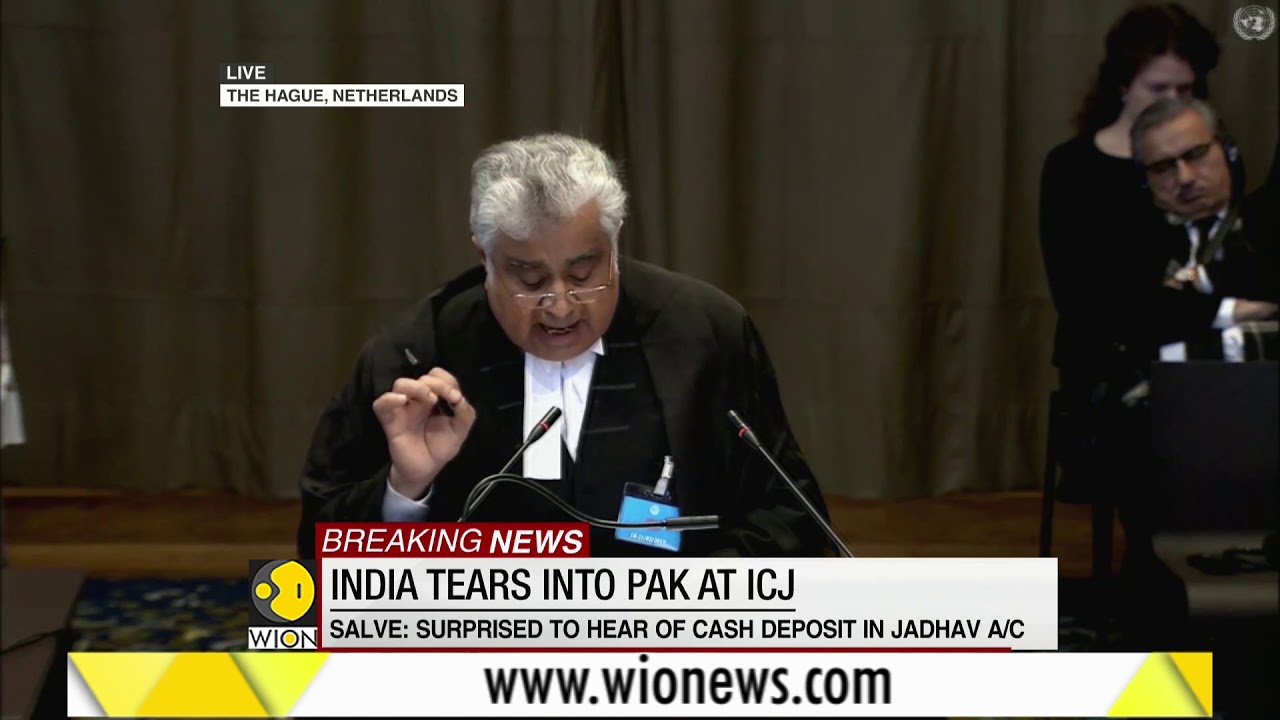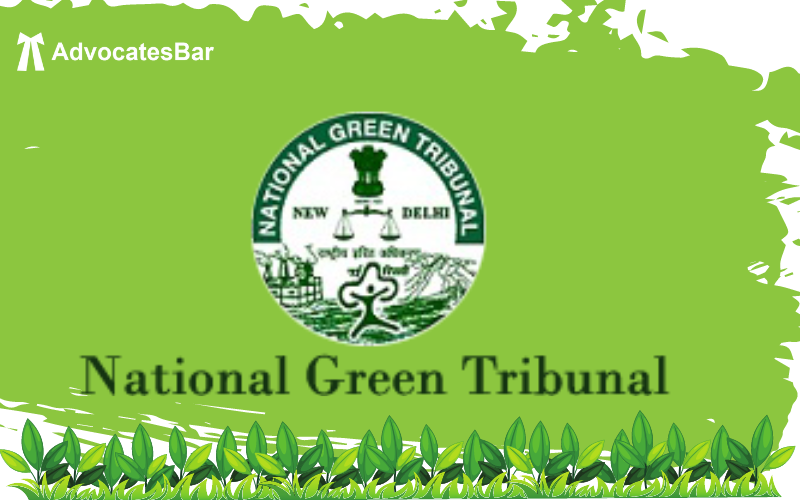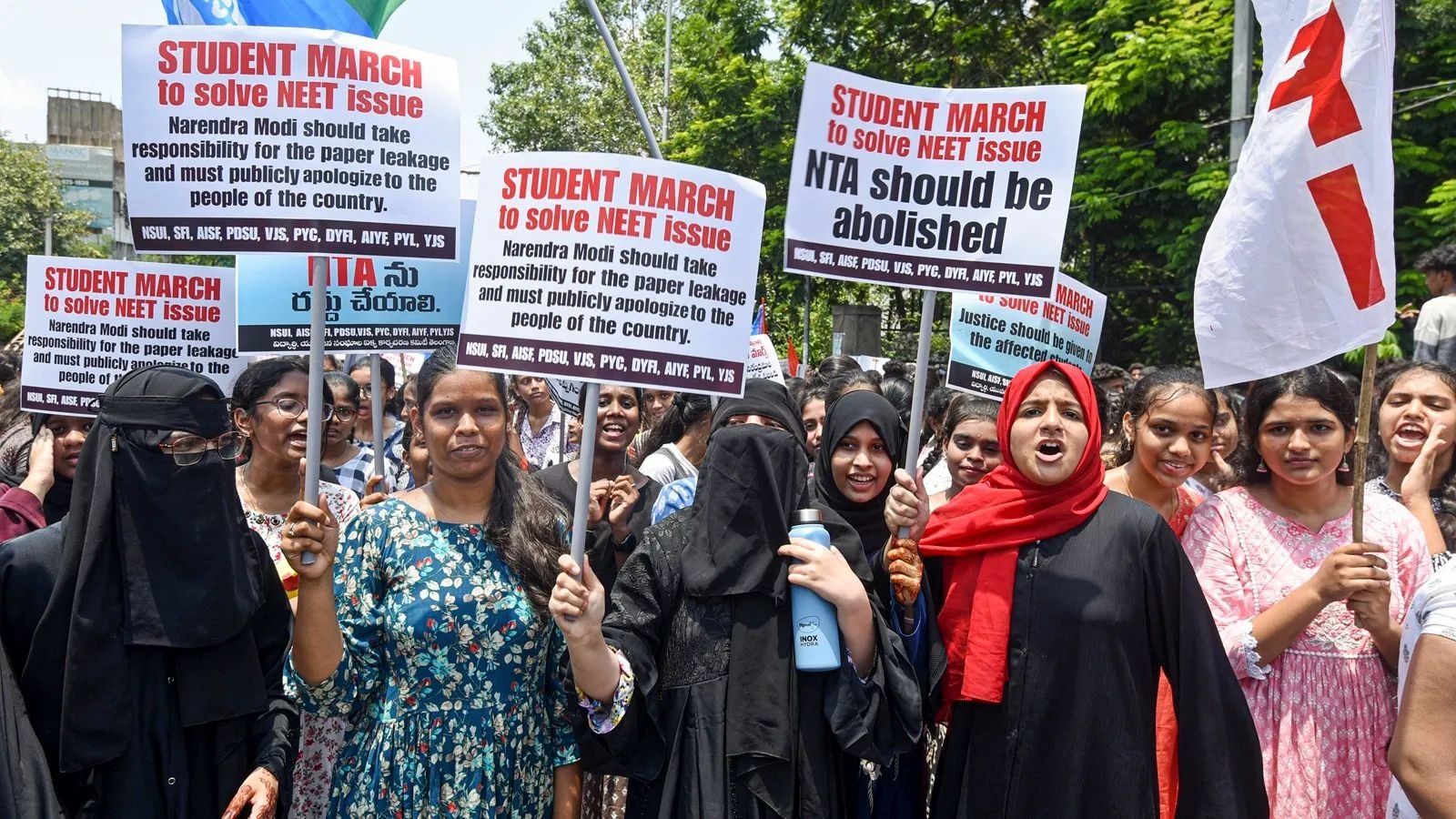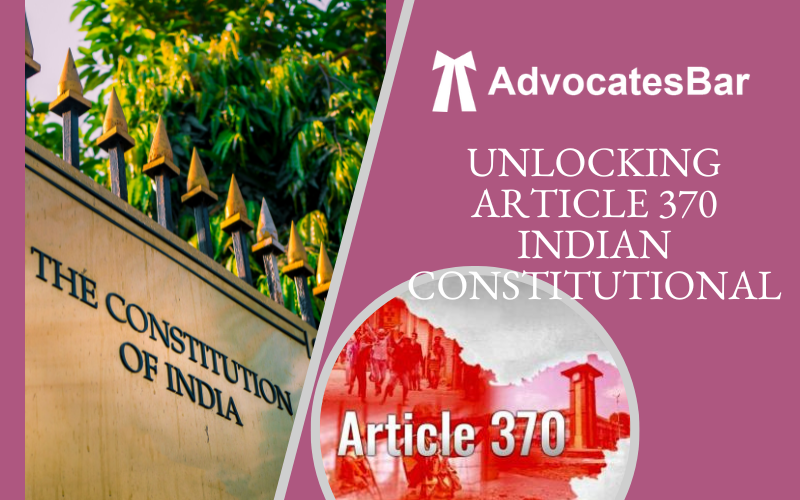Lawyers’ protests in India have intensified over the implementation of three new criminal laws, which replaced the Indian Penal Code (IPC), Code of Criminal Procedure (CrPC), and the Evidence Act from July 1. The laws, known as the Bharatiya Nyaya Sanhita, 2023, Bharatiya Sakshya Adhiniyam, 2023, and Bharatiya Nagarik Suraksha Sanhita, 2023, have been met with widespread opposition from lawyers and opposition parties. Five days after the three new criminal laws came into force, lawyers’ protests snowballed into a statewide agitations and court boycotts. lawyers associations said they would stay off courts till the union govt put them on hold.
The protests, which began on Friday, have seen lawyers from various associations, including the Tamil Nadu Advocates Association (TNAA) and the Madras High Court Advocates Association (MHAA), boycott courts and demand the immediate rollback of the laws. The lawyers are seeking consultation with Bar leaders and other stakeholders before the implementation of the laws.
The new laws have been criticized for their potential to undermine the autonomy of states and fundamental rights of citizens. Critics argue that the laws will lead to a police state, with the government having excessive powers to detain and arrest individuals. The laws have also been criticized for their Sanskritized Hindi names, which have been seen as an attempt to impose Hindi on non-Hindi speaking states.
The manner in which the laws were implemented is an example for how a govt can act against the Constitution,” DMK Rajya Sabha MP and senior advocate NR Elango said after the protest. The three laws affect administration of justice, the autonomy of states and fundamental rights of people. If allowed, the laws will turn the country into a police state, he said. Elango said the legal wing of DMK will organise a one day hunger strike on Saturday demanding immediate withdrawal of the acts.
Similarly, AIADMK lawyers led by party advocates’ wing secretary I S Inbadurai demanded the Union govt to immediately roll back the three laws. “It is a law, not an LIC policy to name it in Hindi. Article 348 of the Constitution mandates that the proceedings in the Supreme Court and high courts should be in English. We condemn the Centre for going against the Constitution,” Inbadurai said. Alleging several discrepancies in the laws, including the controversial provision for police custody and use of handcuffs during arrests, Inbadurai said, “the Union govt should have discussed with advocates before enacting the laws.”
The Indian government has defended the laws, saying they aim to “give justice, not punishment” and are necessary to replace colonial-era laws that have been in place for over a century. However, critics argue that the laws have been implemented without proper consultation and debate, and that they violate several articles of the Constitution and Supreme Court judgments. The protests and boycotts are expected to continue until the government agrees to reconsider the implementation of the laws.
FAQ’s
- Q: What is the current situation with the three new criminal laws in India? A: The three new criminal laws, which replaced the Indian Penal Code (IPC), Code of Criminal Procedure (CrPC), and the Evidence Act from July 1, have sparked widespread protests and boycotts from lawyers across the country.
- Q: What are the demands of the lawyers? A: Lawyers are demanding the immediate rollback of the three new laws and are seeking consultation with Bar leaders and other stakeholders before their implementation.
- Q: Which parties are involved in the protests? A: The DMK and AIADMK parties are leading the protests, with the DMK announcing a one-day hunger strike on Saturday to demand the withdrawal of the laws.
- Q: What is the response of the Bar Council of India (BCI) to the protests? A:The BCI has said that there is no immediate need for agitation, protests, or strikes over the issue and has invited Bar associations and senior advocates to submit their suggestions on specific provisions of the new laws that they deem unconstitutional or detrimental to the criminal justice system.
- Q: Are there any court boycotts planned? A: Yes, the Madras High Court Advocates Association has announced a boycott of court proceedings on July 8 to express their opposition to the three new criminal laws.
- Q: What are the concerns of the lawyers and opposition parties about the new laws? A: The lawyers and opposition parties are concerned that the laws will undermine the autonomy of states, fundamental rights of citizens, and lead to a police state. They also argue that the laws were implemented without proper consultation and debate.







